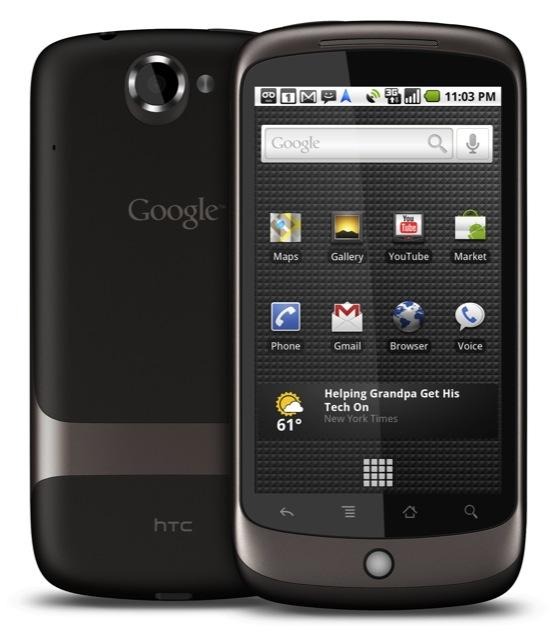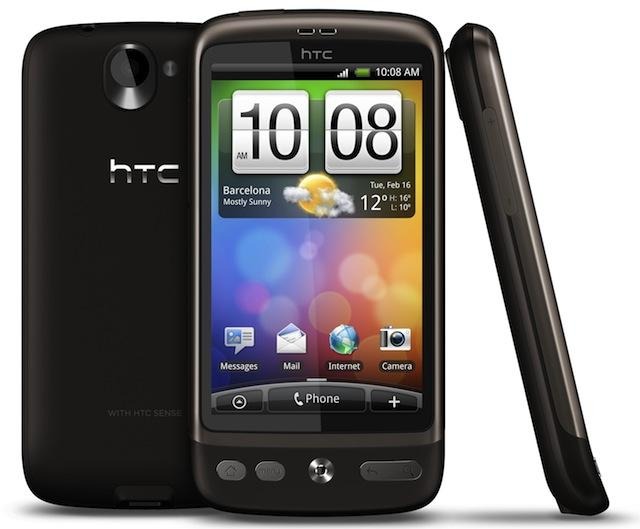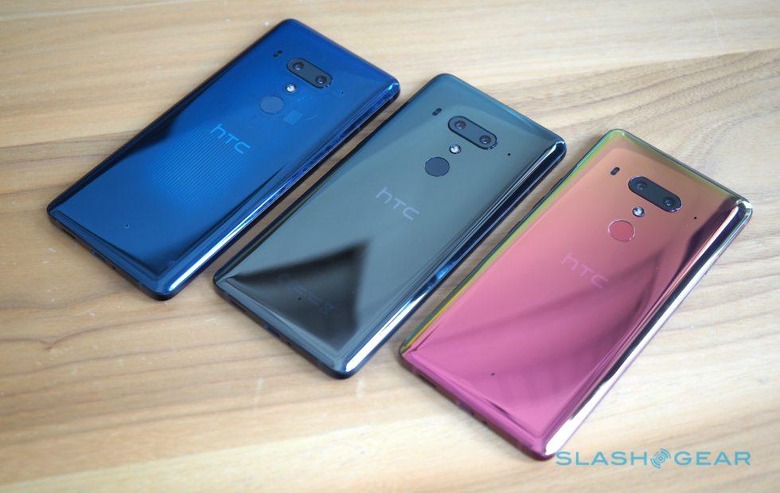Why HTC smartphones continue to fail [UPDATE]
HTC is getting smaller and smaller every year. That's true not just for its bottom line but its workforce as well. Every year it puts out smartphones that receive glowing reviews and high customer ratings. And every year it also fails to break even. Why has HTC, the first smartphone maker to believe in Android, have had such rotten luck in the market it once dominated? Sadly, there is no single answer but is, instead, a series of unfortunate events.
Resting on laurels
HTC was a giant among phone makers even before smartphones were a thing. There was a reason why Google chose it to make the first ever Nexus phone. HTC saw immediate success in that fledgling Android market to that point that it, not Samsung, was considered to be Apple's rival. Sadly, HTC may have allowed itself to peak early and its downhill slide started there.

As hard as it is to succeed, it is often harder to follow that up with another success. HTC was, in a way, a victim of its own success. People expected much from it and when it failed to deliver something new and fresh every time, they started turning to new brands. It's not that HTC's phones have started to become bad, though some arguably were. They just became stale and the company's prized attention to detail transformed into a deadly obsession instead.
Senseless Sense
For all that it's criticized for, Samsung wasn't the only one with a heavily customized Android experience back then. But perhaps it is due to TouchWiz' success that it is more known than HTC's Sense. For a while, Sense was like the Apple of Android, skeumorphic, beautiful, and sleek. But as people started to grow tired of that look, HTC failed to adapt quickly. It poured a lot of time designing and marketing its iconic clock and weather widget and it stubbornly clung to it.

It's not that HTC completely failed on its Sense UI. Indeed, it actually had some innovations that may have been far ahead of its time. Like Zoe, which is like Apple Live Photos' distant ancestor. Or Blinkfeed and Sense Home, which prefigured Google Now and the Nexus Launcher. But when HTC did strike gold with features and phones, it floundered on spreading the word about them.
Mixed messages
HTC's marketing strategy can be characterized by either one of two things: too much or too little. In 2013, the company made what might have been its biggest marketing expenditure: hiring Robert Downey Jr. for $12m. Not even Iron Man, however, could save its ship. The ads, which RDJ probably wished everyone forgot, left both HTC and Downey Jr. fans with a bad taste in their mouth.
HTC reeled and unfortunately went the other extreme. It cut down its marketing budget and simply relied on things going viral. It may have been inspired by success stories from Xiaomi and, later on, OnePlus, neither of whom had a fraction of its budget. But Xiaomi and OnePlus never simply relied on things going viral. They aggressively pushed for things to go viral. HTC, in contrast, applied traditional marketing tactics to modern social media, and those two don't easily mix. The result was that HTC's message, more often than not, gets buried beneath everyone else'.
A kingdom besieged
Then there's the simple fact that HTC just has too many enemies to fend off, both outside and even within. Despite its time in the market, the Taiwanese OEM is still considerably smaller than Apple, Samsung, or Huawei. At the same time, it failed to use play up it strengths the way smaller companies like Xiaomi or OnePlus did. With all the pressure and problems it has accumulated over the past decade, something eventually has to give. And, unfortunately, that something is most likely its smartphone business.
Too little too late
You might think that HTC is a company that couldn't do anything right. That couldn't be farther from the truth. It definitely got some things right, but not enough to make a difference today. It is trying to turn its ship, though rather slowly. The HTC U11 is definitely a fresh start and the U12+ irons out the kinks a bit. Sadly, HTC is so deep in the red that nothing short of a miracle, not even the HTC Vive, will be able to save its ailing smartphone business.
UPDATE: The article previously stated that Robert Downey Jr. was hired to the tune of $1 billion. That amount was actually for the entire marketing campaign, with Downey getting $12 million. The piece has been updated to reflect that number. Apologies for the confusion.

